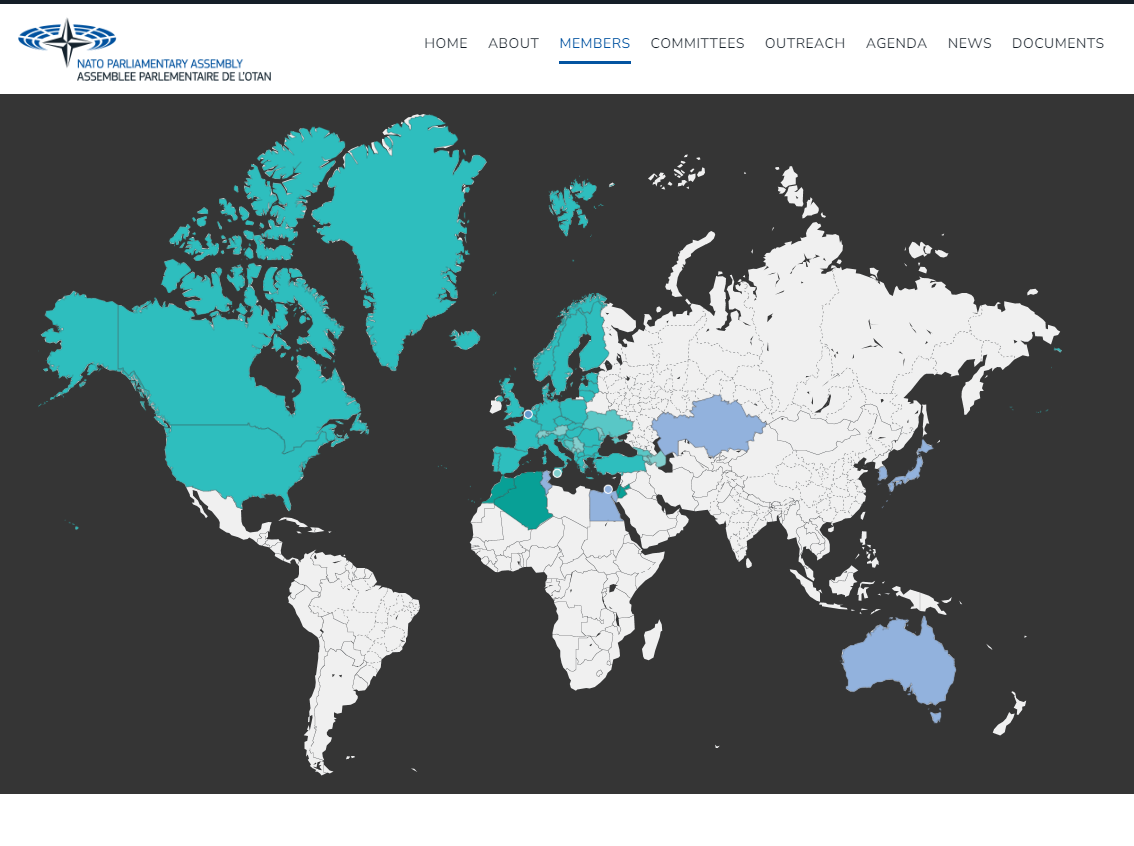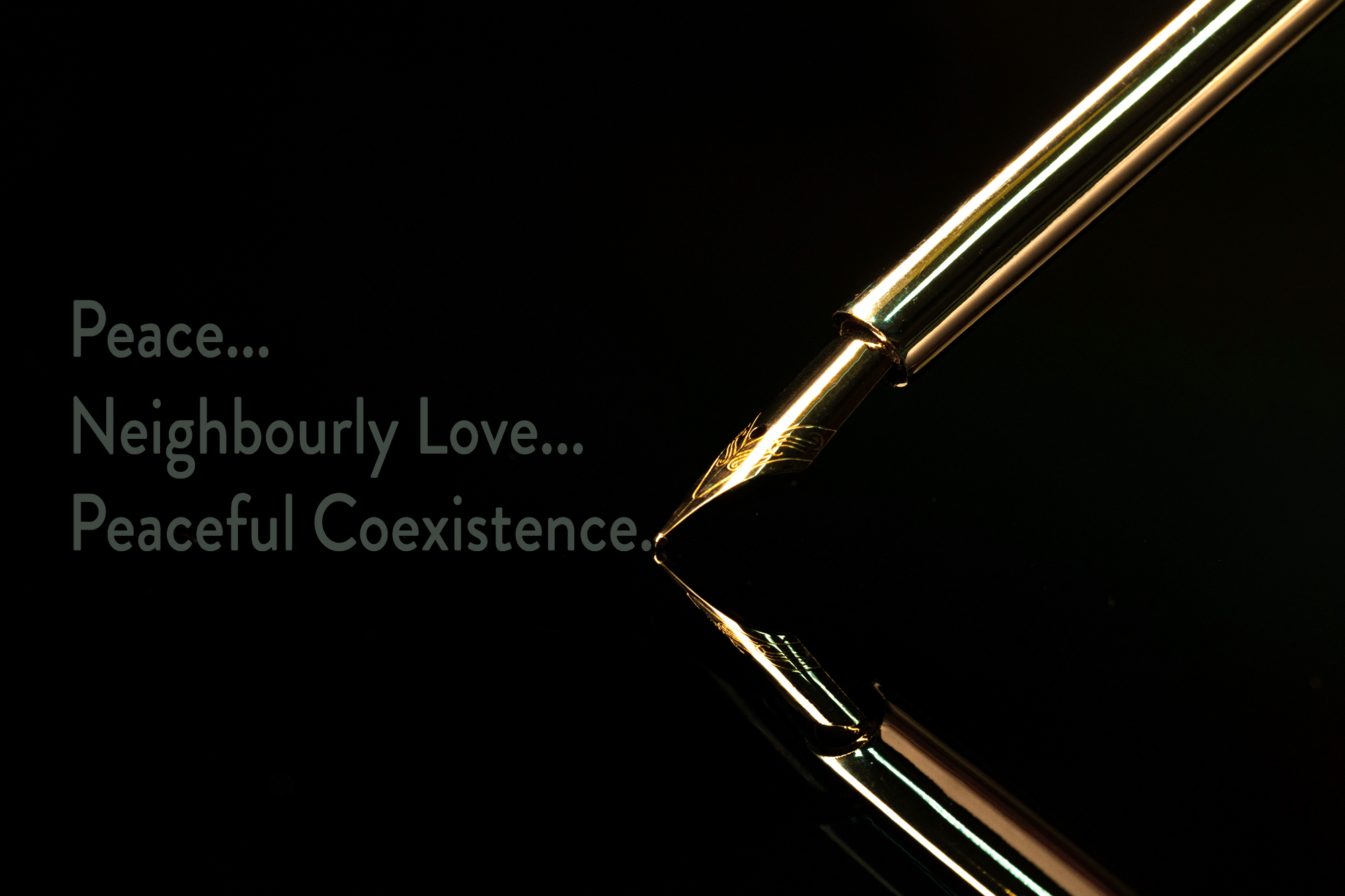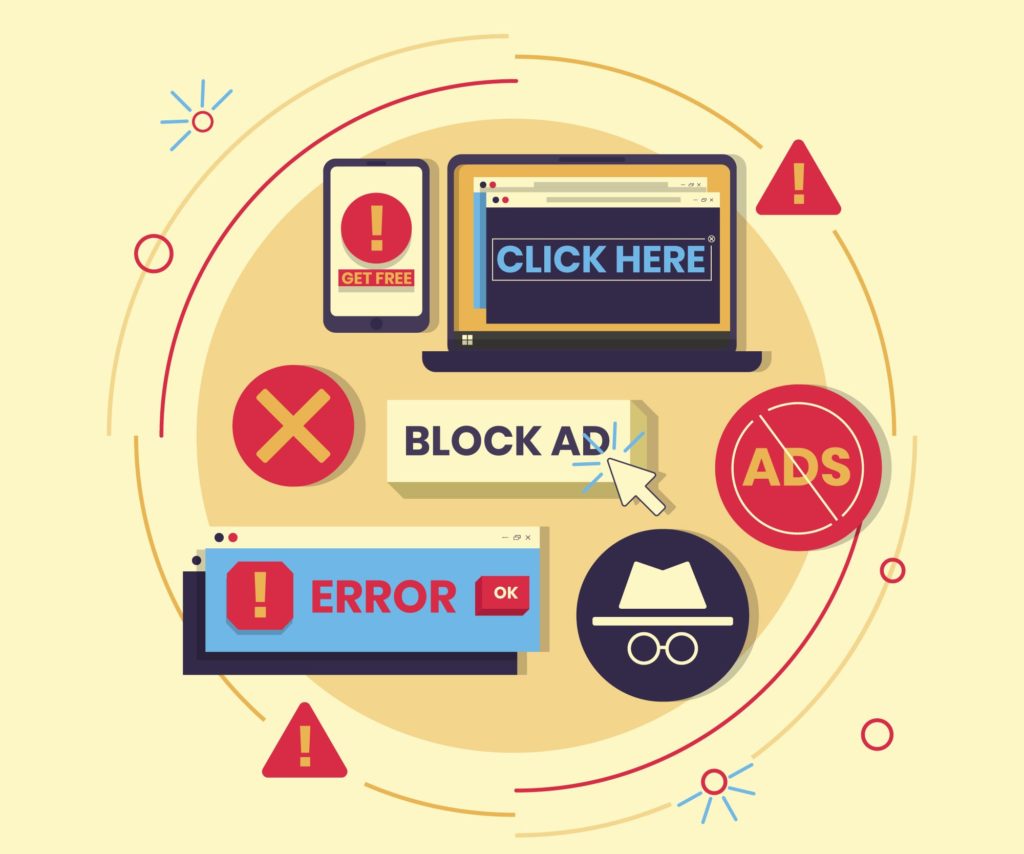
The other day I was looking up a job offer and checking out the website of a company that is not only into technology – but also into war-relevant products.
They actually stated in so many words that the present world politics were beneficial to their business – and that they expected their revenue to rise accordingly.
Do we really need any more proof? Isn’t history full of the news that came later – sometimes 30 years or more later – to inform the general public of what was classified information at the time?
That weapons and military and their supplies are part of the machinery… war.
Let’s remember that still we as the population, the voices of each of the peoples of the world are the ones who can do it as a whole:
Let them know that we do not want to be turned into cannon fodder.
The map above is the one of the current member states of NATO, taken at the time of writing this article; the date given also above, including the original URL and time of today, the 23rd of November 2024.
When you look at it you may understand better what it might feel like to live in one of the white spaces; especially lands to the east of Europe.
Why I mention it?
Because negotiating becomes so much easier if you know how the people facing you feel.
I am a German born and bred who was married to a Persian for more than a decade. I learned about humanism and enlightenment when I was still a girl.
My parents were careful to impress upon us all through childhood and adolescence to look closely and let our judgement not be clouded by advertisements – or propaganda.
And what is propaganda other than a sort of advertisement?
The human rights declaration and the Buddhist concept “Avoid pain” are the basis I argue from.
Look into history and learn: War never ever was a necessity or a heroic deed or a defense of a religion: It always was the failure of politics to be patient and continue negotiating until a proper agreement with all concerned was reached. It was part of the system of greed that stampedes over everything – including bodies.
Such negotiations can take years, decades even.
But if you look into history again, you will find numerous examples – the European Thirty Years’ War not the least of all – that confirm this view.
The Thirty Years’ War raged in Europe for exactly 30 years. More than half of the population of all Europe was killed, whole regions laid bare of any people, laid waste for decades. The destruction was tragic.
Even more cruel and dreadful were the crimes committed in the period: Rape, plunder and murder all through the lands, and recorded carefully too made it something that was part of the common memory of the European survivors for ages.
Again: War is politics, war is business, war is no necessity, and no heroic march either. War kills people, and cruelly.







